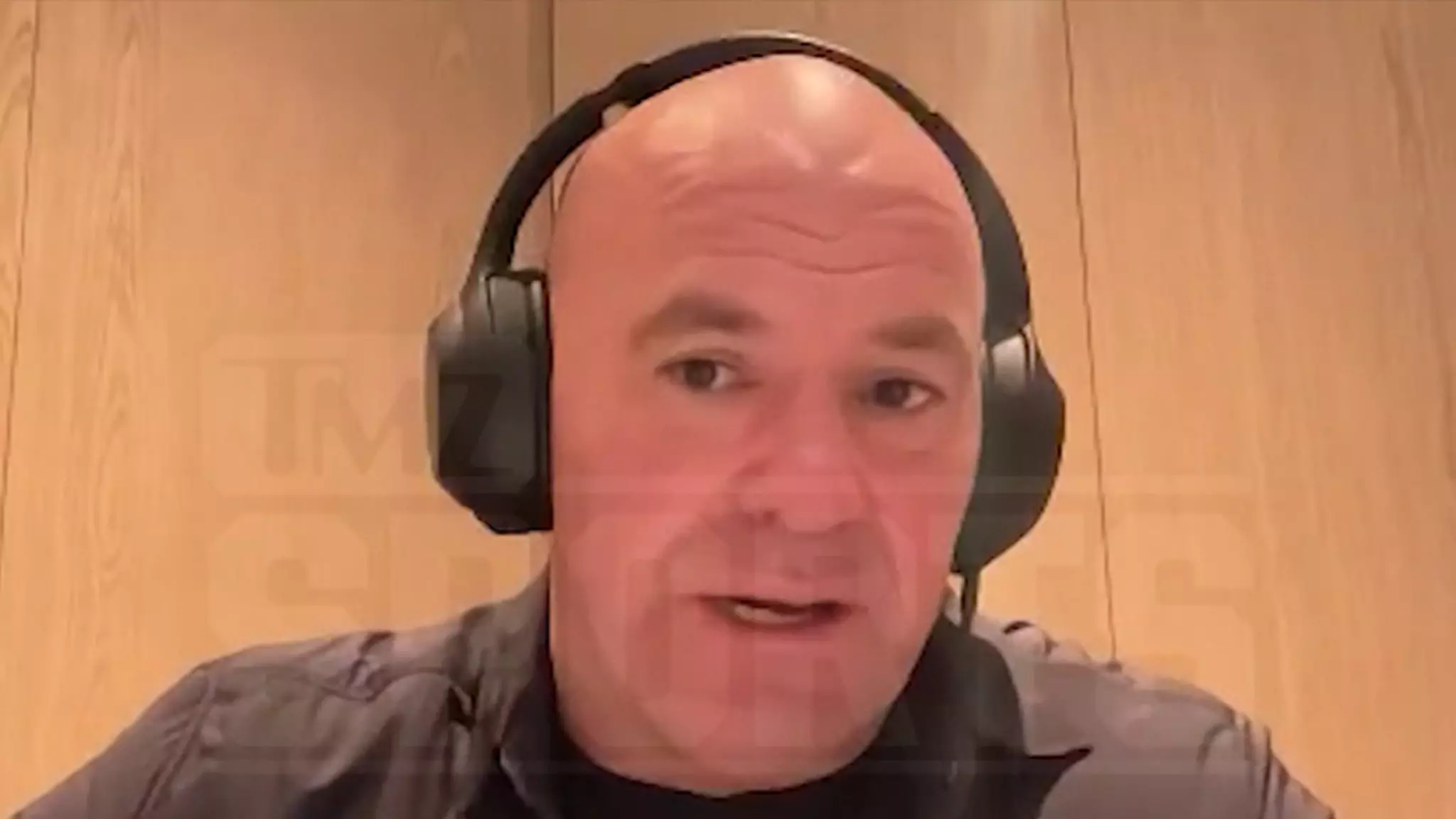The Ultimate Fighting Championship (UFC) is not just a sports league; it’s a cultural phenomenon that thrives on its celebrity cachet, both seen in the Octagon and in the audience. Dana White, the UFC’s president, has recently provided insight into which figures have historically elicited the loudest cheers during fighter walkouts. This phenomenon speaks to the intersection of sports, politics, and entertainment, with individuals like Conor McGregor and even former President Donald Trump being focal points within this vibrant tapestry.
The Power of Walkouts: An Emotional Connection
Walkouts in the UFC serve as a critical moment of anticipation for fans, signaling the impending showdown and setting the atmosphere. Conor McGregor, known for his electrifying presence and charismatic persona, has undoubtedly made his walkouts iconic. Dana White’s claim that McGregor and Trump produce seismic reactions in the arena emphasizes the emotional stakes that accompany these moments. Supporters are not just there to watch a fight; they’re there to partake in an exhilarating spectacle. This amplifies the communal experience, making the UFC events feel less like traditional sports matches and more akin to grand entertainment shows.
Trump’s connection to the UFC goes beyond mere fandom; it is grounded in a long-standing friendship with Dana White. This relationship has origins tied to the UFC’s struggle to gain legitimacy in its earlier years, particularly when many venues and states were hesitant to embrace mixed martial arts. Trump’s involvement, offering his Atlantic City properties as venues, helped the UFC in significant ways during its formative periods. As White speculated about the possibility of Trump’s attendance at UFC events following his recent electoral triumph, it reflects the ongoing intertwining of combat sports and politics.
Impact of Political Figures at Sporting Events
The presence of political figures at sports events often opens up debates about the role of celebrity in athletic platforms. Trump’s potential attendance, especially with his robust fan base, could act as a catalyst, attracting more viewers regardless of political affiliations. This notion challenges the traditional separation of sports and politics while raising questions about the implications of such appearances for brands like the UFC. Do they stand to gain through increased viewership, or do they risk alienating segments of their fanbase?
UFC 309, taking place at Madison Square Garden, stands poised as a significant event, not just for its fights but for the cultural narrative surrounding it. With White and prominent figures like Jon Jones gracing the Octagon, anticipation runs high. Discussions about the implications of such high-profile matchups, potential retirements, and the future trajectories of fighters further fuel fan excitement. Moreover, the dialogue around financial rewards for fighters—such as the suggested checks for Michael Chandler and Charles Oliveira—underlines ongoing conversations about fighter compensation and recognition within the sport.
As the lines continue to blur between sports, celebrity, and politics, the UFC remains in a unique position to wield influence over both realms. With Dana White at the helm, the promotional aspects of the sport seem to expand into new territories, attracting high-profile personalities who enrich the combat sports narrative. While it may be uncertain how this will evolve, one thing remains clear: the presence of celebrities—whether in the crowd or linked to the fighters—will undoubtedly shape the future landscape of the UFC.

Leave a Reply